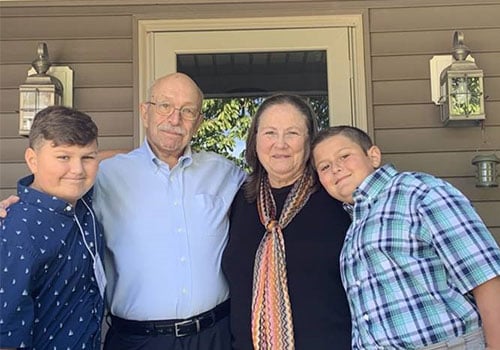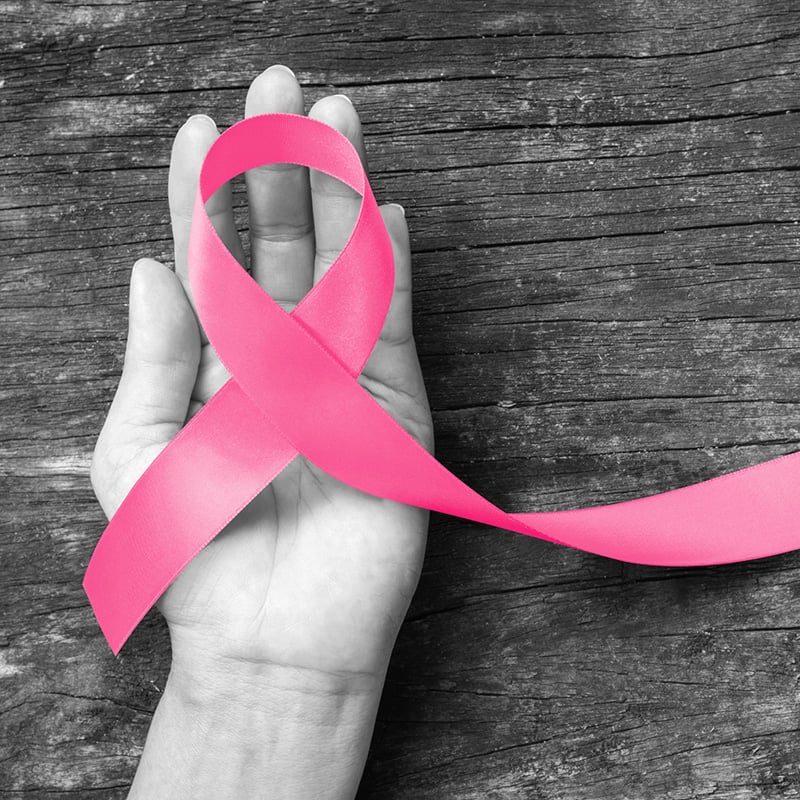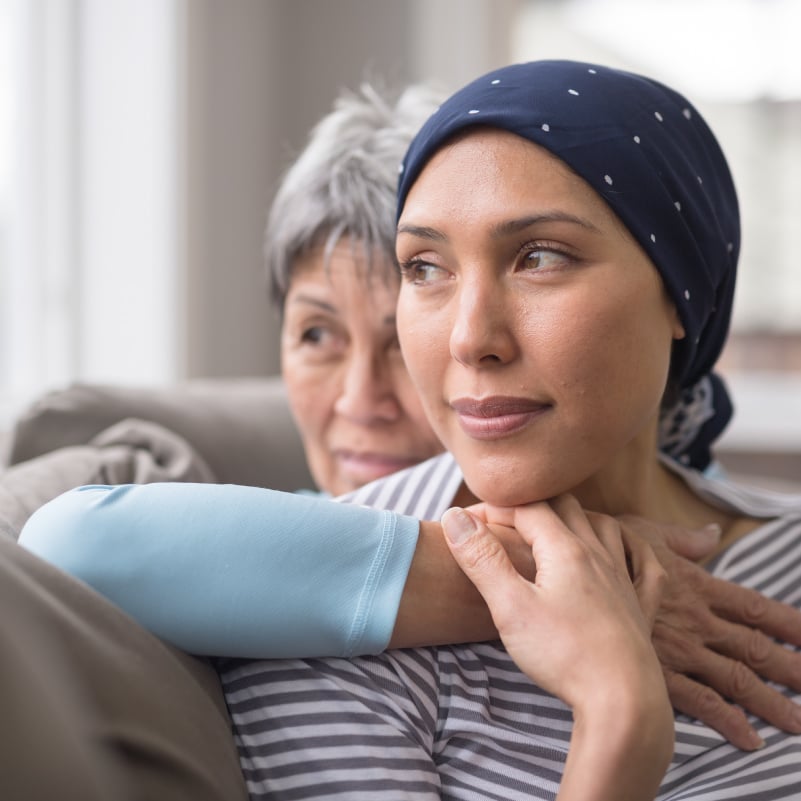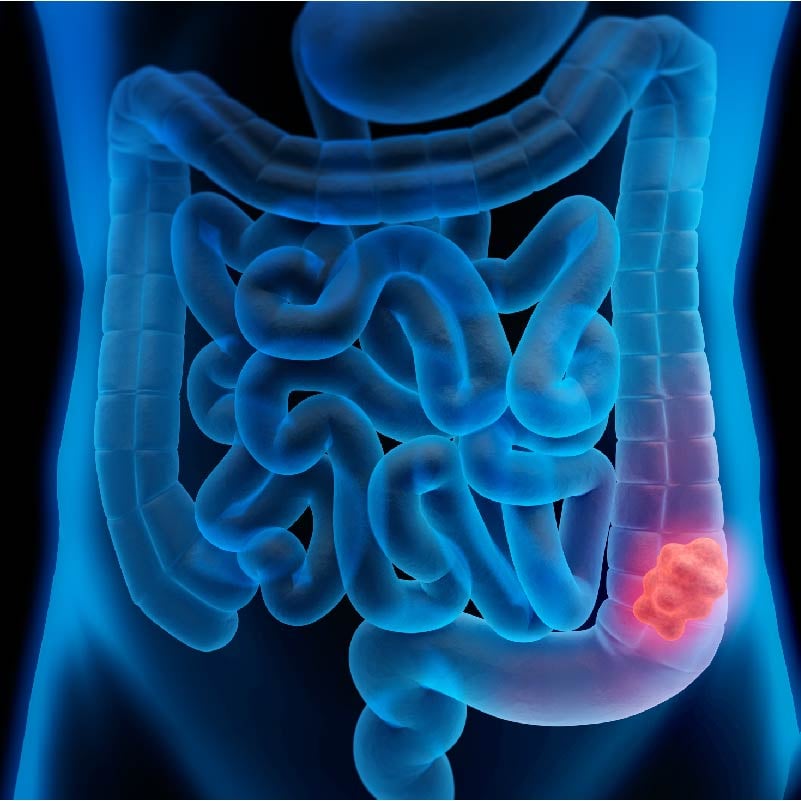A Holistic Approach to Treatment
Many patients living with a serious illness – whether chronic or short-term, curable or life-threatening – often face symptoms and issues that may be as challenging as the illness itself: debilitating pain, side effects of necessary medical treatments, the natural anxieties and fears about their future, and the effects of their illness on their families and loved ones. The Palliative Care Program at Rochester Regional Health can help.
Palliative care is an important part of Rochester Regional Health’s holistic approach to treatment. Through personalized, compassionate medical care and practical support, our palliative medicine team empowers patients by helping them maintain their independence, prioritize the things they enjoy, and focus on the people they love. Our experts work closely with each patient’s treatment team to create an individualized care plan and provide the best quality of life for each and every patient.
What is Palliative Care?
Also referred to as palliative medicine, palliative care is a medical specialty that focuses on relieving the symptoms and stress of a serious illness. Palliative care is appropriate at any age and at any stage of diagnosis, and is provided alongside conventional curative and restorative treatments. The ultimate goal is to improve the patient’s quality of life.
What services are provided with palliative care?
Palliative care can provide patients and families with services such as:
- Pain and symptom management
- Emotional and social support
- Assistance with understanding complicated medical choices and decisions
- Coordination of care with other providers such as pharmacy, physical therapy, home care
- Expert consultation and support during any inpatient hospitalizations
Who can benefit from palliative care?
Palliative care is helpful for patients at any age and stage of a serious illness, including but not limited to:
- Cancer (any stage)
- Dementia/Alzheimer's disease
- Respiratory disease (COPD/emphysema)
- Stroke
- Cardio-pulmonary disease or heart failure
- Neurologic conditions (such as severe brain or spinal cord injury or advanced Amyotrophic lateral sclerosis/ALS or Multiple sclerosis/MS)
- Kidney or liver failure
The early addition of palliative care to a patient’s treatment plan offers the greatest benefits in pain management, quality of life, and overall comfort and peace of mind.
How does palliative care differ from hospice care?
Palliative care can be appropriate at any stage of serious illness – regardless of diagnosis or prognosis – while hospice care is usually intended for a patient who is diagnosed with a terminal condition and in the last year of his or her life. Depending on the case, the Rochester Regional Health Palliative Medicine team will work alongside our hospice program to transition care as needed.
How do I request a referral?
- Rochester Regional Health offers inpatient palliative care services at Rochester General Hospital and Unity Hospital, and also offers several outpatient palliative care clinics. Your team will help identify which clinic will best suit your needs.
- If you or your loved one is coping with a serious illness, we encourage you to ask any member of your medical team about arranging a palliative care consultation.








